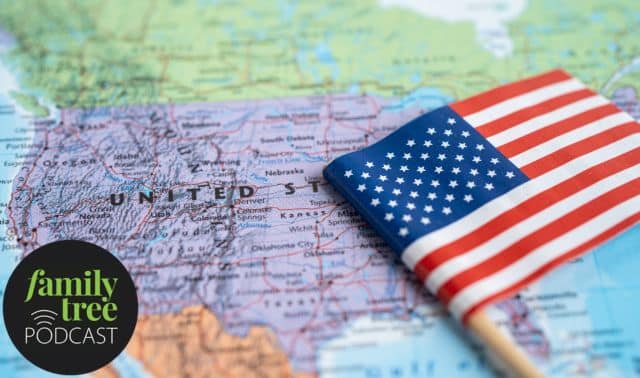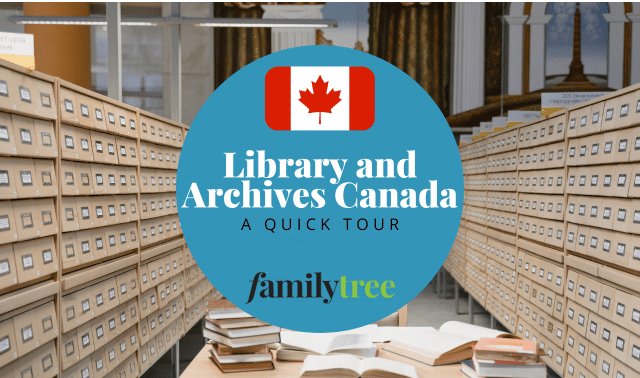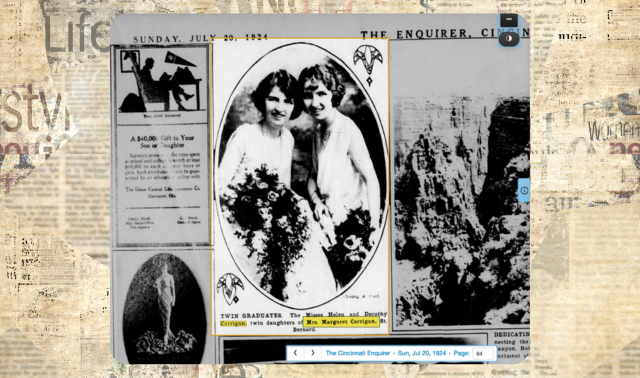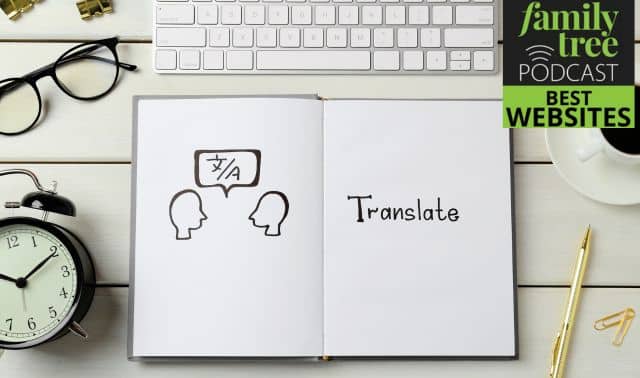New books to heat up your family history search.
1. Not sure how to celebrate Spring Cleaning Day this April? Try making soap with your kids or grandkids.
The Joy of Family Traditions: A Season-by-Season Companion to Celebrations, Holidays, and Special Occasions by Jennifer Trainer Thompson (Ten Speed Press, $16.95) not only explores the origins of events, but inspires families to preserve, create and personalize meaningful traditions.
2. Got immigrant ancestors in the Big Apple? Biography of a Tenement House in New York City: An Architectural History of 97 Orchard Street by Andrew S. Dolkart (University of Virginia Press, $19.50) is a fascinating read. The apartment, now the Lower East Side Tenement Museum, was the home to hundreds of families and thousands of immigrants during its history. Take a unique tour without leaving home.
3. Sadia Shepard was raised outside of Boston, the daughter of a white Protestant father and a Muslim mother from Pakistan, and—as she eventually learns—the granddaughter of a Jewish woman from India. In The Girl from Foreign: A Search for Shipwrecked Ancestors, Forgotten Histories, and a Sense of Home (Penguin Press, $25.95), Shepard uncovers a trail of family secrets, buried identities, forbidden love and, of course, her ancestry.
Pros’ Picks
Genealogy gurus share their reading recommendations.
Every Family Has a Story: Tales From the Pages of Avotaynu edited by Gary Mokotoff (Avotaynu, $37)
Recommended by: Harold E. Hinds Jr., Distinguished Research Professor of History, University of Minnesota-Morris, and a 14-year veteran of genealogical research
Book summary: The book features often-moving stories about discoveries of lost Jewish ancestors, which deeply affected the authors and their surviving relatives.
Likes and dislikes: I particularly liked how the stories reveal the multiple ways we discover our families’ pasts. The stories relating to the Holocaust are especially moving and sad. The editor includes seven of his own essays out of 72 total in the book. Perhaps this is a bit excessive, but each of Mokotoff’s essays is an appropriate selection.
Behind the scenes: I read this book because it was recommended on the Association of Professional Genealogists e-mail list.
Lasting impressions: The last and longest story, Olga Zabludoff’s “When Good Men Did Nothing,” is especially moving. It’s about restoring a Jewish cemetery in Butrimonys, Lithuania, where Olga’s ancestors are buried. Not only are the cemeteries restored and commemorated, but a group of locals helps make it all possible. Then there are the departing words of Olga’s key informant: “How could it have happened?”
Best bonus: These stories will definitely motivate any genealogist, whether Jewish or not, to reconstitute their family’s past, and to put flesh on their relatives’ bones.




